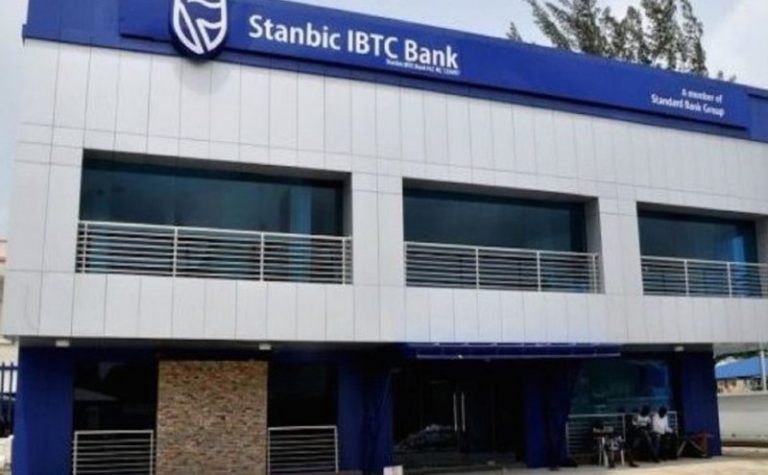Inflationary pressures have worsened Nigeria’s private sector performance at the start of the final quarter of the year, leading to a sharp decline in business conditions. Overall input costs surged at one of the fastest rates on record, driving up selling prices and dampening consumer demand. As a result, new orders and business activity fell significantly, and business sentiment reached its lowest level since the survey began in January 2014.
Despite these challenges, companies continued to expand their workforce slightly, even as workloads declined. This data comes from the Stanbic IBTC Purchasing Managers’ Index™ (PMI®), a key indicator of private sector performance. Readings above 50.0 signal an improvement, while readings below 50.0 indicate a deterioration in business conditions.
Worsening Business Environment
Muyiwa Oni, Head of Equity Research West Africa at Stanbic IBTC Bank, highlighted that Nigeria’s private sector activity deteriorated further in October, with the headline PMI dropping to 46.9 from 49.8 in September. This marks the sharpest downturn since March 2023. The main driver behind this worsening environment was an intensification of already strong inflationary pressures, fueled by currency weakness and rising fuel and transportation costs. These factors resulted in a marked reduction in new orders and business activity, while business sentiment hit a historic low.
“October saw a significant escalation of inflationary pressures, which led to the most pronounced decline in new orders and business activity in over a year. This is reflective of the broader challenges facing the private sector, including weak consumer demand and rising operational costs,” said Oni.
Sectoral Impact and Employment Trends
The impact of these pressures was felt across most sectors. Three of the four monitored sectors—manufacturing, services, and construction—reported a reduction in output. Only the agriculture sector managed to buck the trend, recording a modest rise in output. The widespread slowdown in business activity contributed to a sharp fall in business confidence, with sentiment dropping to its lowest level since the inception of the PMI survey.
Despite the challenging environment, Nigerian companies continued to increase their staffing levels, extending the current streak of job creation to six months. However, employment growth was modest, with some firms hiring on a short-term basis to meet immediate needs, while others reduced their workforce in response to mounting cost pressures.
Price Pressures and Falling Demand
Inflation remained a key concern in October, with input costs rising at their third-fastest rate in the history of the survey. Companies passed these costs onto consumers by raising selling prices, leading to the steepest price hikes since March 2023. This surge in costs severely impacted customer demand, resulting in the first decline in new orders in three months. The fall in new orders was the sharpest since March 2023, reflecting the direct link between rising prices and reduced consumer spending.
In response to the weak demand, firms scaled back their purchasing activity, leading to the most significant reduction in input buying since March 2023. Stocks of inputs also fell for the third consecutive month, reflecting the cautious approach businesses are taking amid rising costs and uncertain demand.
Outlook for Q4 and Beyond
The downturn in the Nigerian private sector at the start of Q4 2024 signals continued strain from inflationary pressures, currency instability, and high interest rates. While crude oil production is expected to show some improvement relative to the previous year, these factors suggest that growth in the non-oil sector will remain subdued. Without significant structural changes or a reduction in inflationary pressures, the outlook for the private sector remains challenging.
“We expect the private sector to continue facing headwinds in the short term, as inflationary pressures, high interest rates, and currency challenges persist. However, if crude oil production improves, it may help offset some of the weak performance in the non-oil sector,” said Oni.
As the year progresses, Nigerian companies will need to navigate rising costs and weak demand while adapting to a business environment marked by significant uncertainty and pressure on margins.

